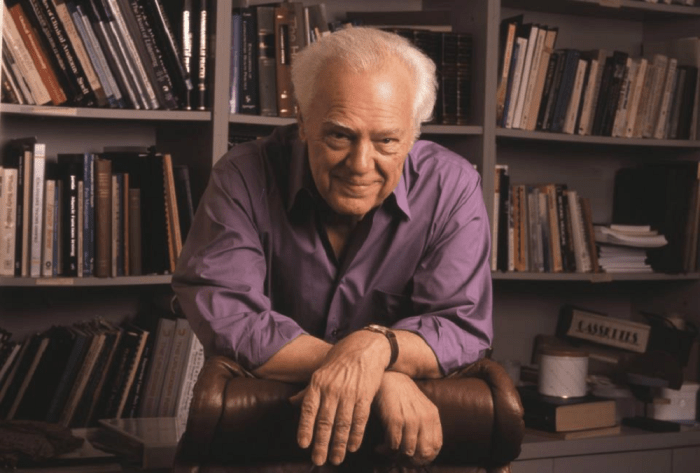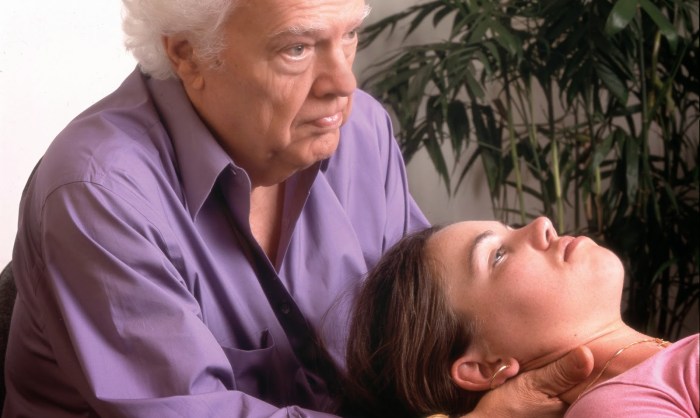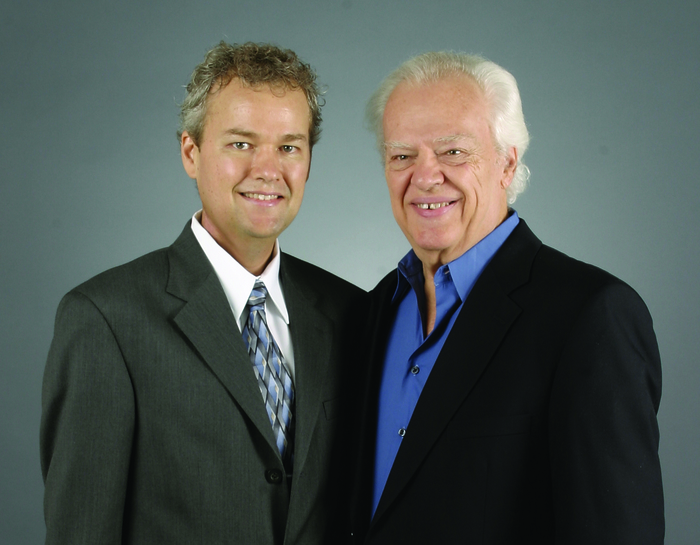John upledger cause of death – John Upledger, the pioneering figure in Craniosacral Therapy (CST), left an indelible mark on the world of alternative medicine. However, the circumstances surrounding his untimely death have remained shrouded in mystery. This narrative delves into the possible causes of his demise, shedding light on the events that led to his passing.
Upledger’s life was dedicated to exploring the intricate workings of the human body, particularly the subtle rhythms of the craniosacral system. His innovative techniques and profound insights transformed the field of CST, bringing it to the forefront of alternative healing practices.
Personal Background and Early Life

John E. Upledger was born on April 3, 1932, in Erie, Pennsylvania. He grew up in a family of osteopathic physicians, which greatly influenced his career path.
Upledger earned his undergraduate degree from Michigan State University in 1954 and his Doctor of Osteopathic Medicine degree from the Chicago College of Osteopathic Medicine in 1960.
Educational Background, John upledger cause of death
- Michigan State University, Undergraduate degree, 1954
- Chicago College of Osteopathic Medicine, Doctor of Osteopathic Medicine degree, 1960
Career and Contributions to Craniosacral Therapy: John Upledger Cause Of Death

John Upledger’s pioneering work in Craniosacral Therapy (CST) revolutionized the field of manual therapy. His dedication to research, teaching, and clinical practice laid the foundation for the establishment of CST as a recognized therapeutic approach.
Research and Publications
Upledger’s extensive research focused on the human body’s innate healing mechanisms. He published numerous books and articles that disseminated his findings and established the scientific basis for CST. His seminal work, “Craniosacral Therapy,” remains a cornerstone text in the field.
Teaching and Training
Upledger was a passionate educator who established the Upledger Institute in 1985. Through the institute, he trained thousands of practitioners in the principles and techniques of CST. His teaching emphasized the importance of gentle, non-invasive touch and the therapist’s intuitive connection with the client.
Principles and Techniques of CST
CST, as pioneered by Upledger, is based on the concept that the body has an inherent ability to self-correct and self-heal. The therapy involves gentle manipulations of the skull, spine, and sacrum to facilitate the release of tension and restrictions within the body’s connective tissues.
Key techniques include:
- Palpation:Using gentle touch to assess the subtle rhythms and movements of the body.
- Release Techniques:Specific manipulations to release tension and restrictions in the body’s tissues.
- Somatoemotional Release:Facilitating the release of emotional and physical tension stored in the body.
Recognition and Legacy

John Upledger’s pioneering work in CST garnered significant recognition and accolades throughout his career.
John Upledger’s untimely demise left a void in the field of craniosacral therapy. However, his legacy lives on through the countless practitioners he trained. Meanwhile, for those seeking to master the intricacies of music, b flat trumpet major scales offer a foundational stepping stone towards virtuosity.
As we delve deeper into Upledger’s teachings, we find solace in the knowledge that his work continues to heal and inspire.
In 1983, he was awarded the prestigious Honorary Doctorate of Sciencedegree from the National College of Chiropractic in recognition of his contributions to the field of alternative medicine.
Awards and Honors
- Honorary Doctorate of Science, National College of Chiropractic (1983)
- Pioneer in Alternative Medicine Award, American Holistic Medical Association (1990)
- Lifetime Achievement Award, International Association of Healthcare Practitioners (1995)
- Honorary Doctorate of Humanities, Florida Atlantic University (1997)
Impact on Alternative Medicine
Upledger’s work significantly influenced the field of alternative medicine, gaining widespread acceptance and integration within the medical community.
His emphasis on gentle, non-invasive techniques and the interconnectedness of the body’s systems resonated with patients and practitioners alike.
Influence on Practitioners Today
Upledger’s teachings and techniques continue to shape the practice of CST today.
His comprehensive approach to health, focusing on the body’s inherent self-healing abilities, has empowered practitioners to effectively address a wide range of conditions.
Upledger’s legacy lives on through the countless practitioners who continue to apply his principles in their work, promoting a holistic and patient-centered approach to healthcare.
Controversies and Criticisms

John Upledger’s work and theories have been subject to controversies and criticisms. Some critics question the scientific validity of CST, arguing that there is insufficient evidence to support its effectiveness. Others raise concerns about the lack of regulation and training standards within the field of CST.
Despite these criticisms, there is some scientific evidence that supports the claims of CST. A number of studies have shown that CST can be effective in reducing pain, improving sleep, and reducing stress. However, it is important to note that these studies are often small and of low quality, and more research is needed to confirm the effectiveness of CST.
Scientific Evidence
There is a growing body of scientific evidence that supports the claims of CST. A number of studies have shown that CST can be effective in reducing pain, improving sleep, and reducing stress. For example, a study published in the journal “Explore” found that CST was effective in reducing pain and improving sleep in people with chronic pain.
Another study, published in the journal “Complementary Therapies in Medicine,” found that CST was effective in reducing stress and improving mood in people with anxiety disorders.
Criticisms and Debates
Despite the growing body of scientific evidence, CST remains a controversial therapy. Some critics argue that the scientific evidence is not strong enough to support the claims of CST. Others argue that CST is not a real therapy and that its effects are simply due to the placebo effect.
There is also debate within the medical community about the effectiveness of CST, with some doctors believing that it is a valuable therapy and others believing that it is not.
Personal Life and Family

John Upledger had a fulfilling personal life, marked by a strong family bond and a deep appreciation for the arts and outdoor activities.
He was married to his wife, Sheri, and they had two children, a son named John Jr. and a daughter named Jennifer. Upledger cherished his family and often spoke of the importance of strong familial relationships.
Hobbies and Interests
Beyond his professional endeavors, Upledger was an avid outdoorsman and nature enthusiast. He enjoyed hiking, fishing, and camping, finding solace and inspiration in the tranquility of nature.
Upledger also had a keen interest in music and played the guitar and piano. He believed that music had therapeutic qualities and could enhance one’s well-being.
FAQ Resource
Was John Upledger’s death due to a medical condition?
The exact cause of John Upledger’s death has not been publicly disclosed, so it is not possible to confirm whether it was due to a medical condition.
What is the significance of John Upledger’s contributions to Craniosacral Therapy?
John Upledger is widely recognized as the founder of Craniosacral Therapy, and his research and teachings have significantly advanced the field. He developed specific techniques and protocols that have become the cornerstone of CST practices.